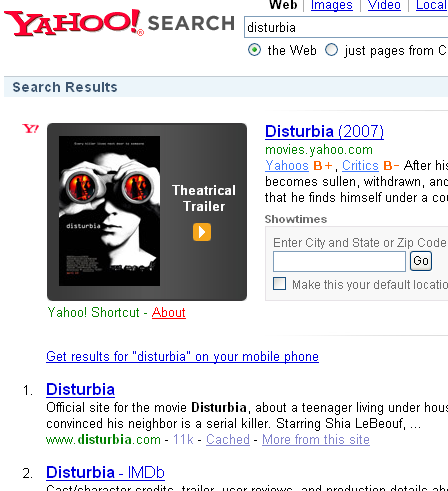Blogs and Elections
Monday, April 30th, 2007Is there any significance between blogs and elections? Maybe not in the past, but I would wager that blogs will play an important role in future elections and politics in general. Having said that, the upcoming U.S. presidential election comes to mind. Candidates who choose to leverage blogs may be at an advantage. Those who choose to ignore this communication vehicle may find themselves behind in the polls come election day.
I had the pleasure of listening to John Edwards’s keynote speech at Gnomedex 2006. He spoke about the future of politics and how the Internet/blogs/podcasting will play a huge role in democracy. Edwards expressed a deep interest in podcasting. He said it would play a vital role in his campaign. Furthermore, Edwards has become known as a Twitter power user. Now, I am a huge advocate of the use of blogs, podcasting, and the Internet in general. But my concern is this: are politicians simply ‘jumping on the bandwagon’ with respect to these technologies? Are they simply trying to appeal to a new (perhaps younger) crowd? Or do they truly believe in the technology and the power that it instills? My hope is obviously the latter of the three.
Having said that, I do believe that blogs can play a siginificant role and have a huge impact if used sincerely and strategically. A full developed campaign, with open communication and a strong support team, can make huge strides on the net and produce exponential effects given the resources at hand. The breadth and leverage of the web cannot be ignored.
Many of the most popular and highest traffic blogs on the net are U.S. political blogs. These sites attract millions of visitors every day. Should a candidate successfully tap these online strongholds, their campaigns would immediately be given a boost. Dissemination of information and PR are two major advantages to any front-runner who succeeds at forging relationships with these online political powerhouses.
Stepping back a bit, the success of the candidate must lie in their platform and their presence. No Internet technology can make up for these important characteristics. Even if a candidate does outline a strong platform, my guess is that the Internet and blogs will sway elections in the future and play a bigger role in politics than people currently realize.

